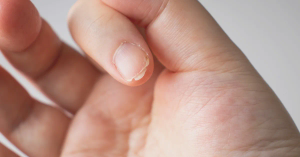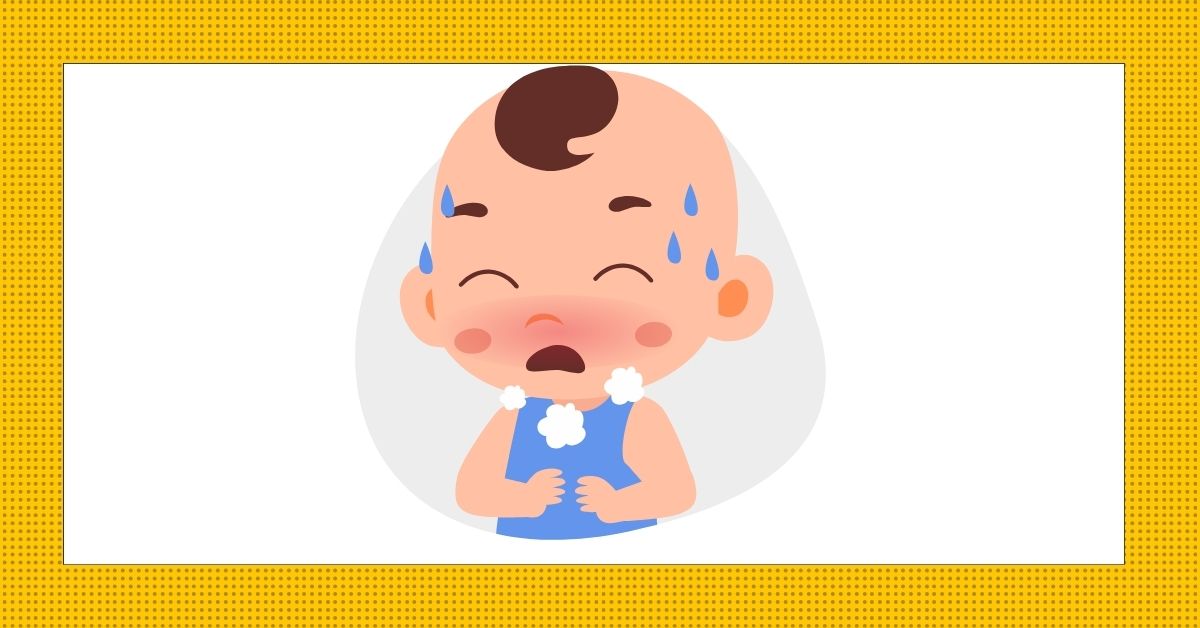Enamel erosion in children is an issue of growing concern among parents and dental professionals alike. The enamel, which is the hard, protective outer layer of teeth, plays a crucial role in shielding teeth from decay and damage. However, various factors can lead to the gradual erosion of this protective layer, potentially leading to long-term dental problems. Understanding what enamel erosion is and its causes can help in taking preventive measures to protect children's teeth from damage.
What is Enamel Erosion?
- Definition: Enamel erosion is the process where the enamel, the hardest and most mineralized substance in the human body, wears away due to chemical acids. This erosion compromises the tooth’s protective barrier, making it vulnerable to decay, sensitivity, and discoloration.
- Irreversible Damage: Unlike other body tissues, enamel does not regenerate. Once it’s eroded, the damage is permanent, making prevention and early intervention crucial.
Causes of Enamel Erosion in Children
1. Dietary Habits:
- Sugary Foods and Drinks: Frequent consumption of sugary foods and drinks like candies, sodas, and fruit juices can lead to enamel erosion. The sugars interact with bacteria in the mouth, producing acids that attack the enamel.
- Acidic Foods and Beverages: Citrus fruits, tomatoes, and other acidic foods, along with drinks like sports drinks and vinegar-based snacks, can soften and erode the enamel over time.
2. Poor Oral Hygiene:
- Inadequate Brushing: Not brushing teeth regularly or improperly brushing can leave acidic substances on the enamel for prolonged periods, leading to erosion.
- Over-Brushing: Excessive or aggressive brushing, especially with hard-bristled toothbrushes, can also wear down the enamel.
3. Medical Conditions:
- Gastroesophageal Reflux Disease (GERD): This condition causes stomach acid to flow back into the mouth, which can lead to the erosion of the enamel.
- Frequent Vomiting: Conditions such as bulimia or chronic stomach illnesses cause repeated exposure to stomach acid, which can significantly erode the enamel.
4. Environmental Factors:
- Chlorinated Pool Water: Frequent swimming in pools with improperly balanced chlorine can expose teeth to harmful acids, leading to enamel erosion.
- Dry Mouth (Xerostomia): A reduction in saliva, which helps neutralize acids, can increase the risk of enamel erosion. Causes can include dehydration, certain medications, or mouth breathing.
Signs of Enamel Erosion
- Tooth Sensitivity: Increased sensitivity to hot, cold, or sweet foods and drinks.
- Discoloration: Teeth may appear yellow as the dentin layer becomes more visible due to enamel thinning.
- Rounded Teeth: The edges of teeth may appear smoother or more rounded.
- Cracks and Chips: Teeth may develop small cracks or rough edges as the enamel wears away.
Conclusion
Enamel erosion in children is a preventable condition with proper awareness and proactive dental care. By understanding its causes and signs, parents can take necessary steps to protect their children’s teeth from permanent damage. Ensuring a balanced diet, practicing good oral hygiene, and addressing any medical conditions promptly can go a long way in preserving enamel and promoting lifelong dental health.








